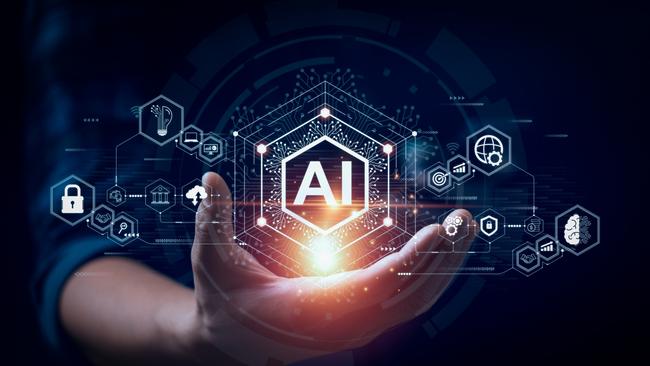IR laws inadequate to combat AI threat, unions warn
New penalties against employers and higher compensation for workers have been proposed by unions to combat the impact of artificial intelligence.

New penalties against employers, compensation for workers and higher redundancy payouts have been proposed by unions to combat the impact of artificial intelligence, as they warn that existing laws are “woefully inadequate” for dealing with AI’s potentially negative effects on workers.
Ahead of appearing on Tuesday before a Senate inquiry into adopting artificial intelligence, ACTU assistant secretary Joseph Mitchel said workers must be at the centre of decision-making on the future of AI and how it was regulated. “AI is present in nearly every industry and we need to tackle this problem head-on. We risk a future where the rights fought for over generations by working people are undermined by the adoption of new technologies,” he said.
“The risks are clear: workers are being subjected to unreasonable, unblinking surveillance, being hired and fired by algorithm, having their creative output stolen by companies, and being discriminated against by bosses’ bots.”
In its submission to the inquiry, the ACTU says current laws do not adequately ensure there is sufficient openness, transparency and consent to the use of AI. “In fact, presently, a group of workers who refused to work with AI that had harmful effects on citizens would likely find themselves being the ones sanctioned,” it says.
Calling anti-victimisation and discrimination laws woefully inadequate for dealing with the potentially negative effects of AI, the ACTU says the Fair Work Act’s general protections regime already has sufficient weaknesses in preventing victimisation and discrimination where a human decision-maker is concerned.
“It is entirely unequipped to deal with AI-based decision-making,” it says.
“Other features of our industrial laws further prevent the ability of workers to have professional input into the adoption of AI which might be contrary to our values as a society.
“ For example, restrictions on enterprise agreement content are such that they are apt to thwart workers who seek to take a pro-consumer stance in relation to adoption of AI in their workplaces.”
In a submission to the inquiry, the Australian Manufacturing Workers Union says employment, privacy and work health and safety legislation should be amended to ensure that employers using AI are explicitly liable for any contravention that may arise because of reliance on the technology.
The shop assistants union, in its submission, raised concerns about algorithm-led rostering used across retail and warehousing. It says better protections and rights for workers should be developed, including compensation for time expected to use workplace technology outside of the workplace and for the use of the workers own device and data.
The Australian Services Union called for the government to ensure “generous redundancy provisions” were in place where job losses were unavoidable due to the introduction of AI, and consider other initiatives for impacted workers, including a four-day working week.
The impact of artificial intelligence on workers will be a theme of the triennial ACTU congress when it meets in Adelaide in June.








To join the conversation, please log in. Don't have an account? Register
Join the conversation, you are commenting as Logout